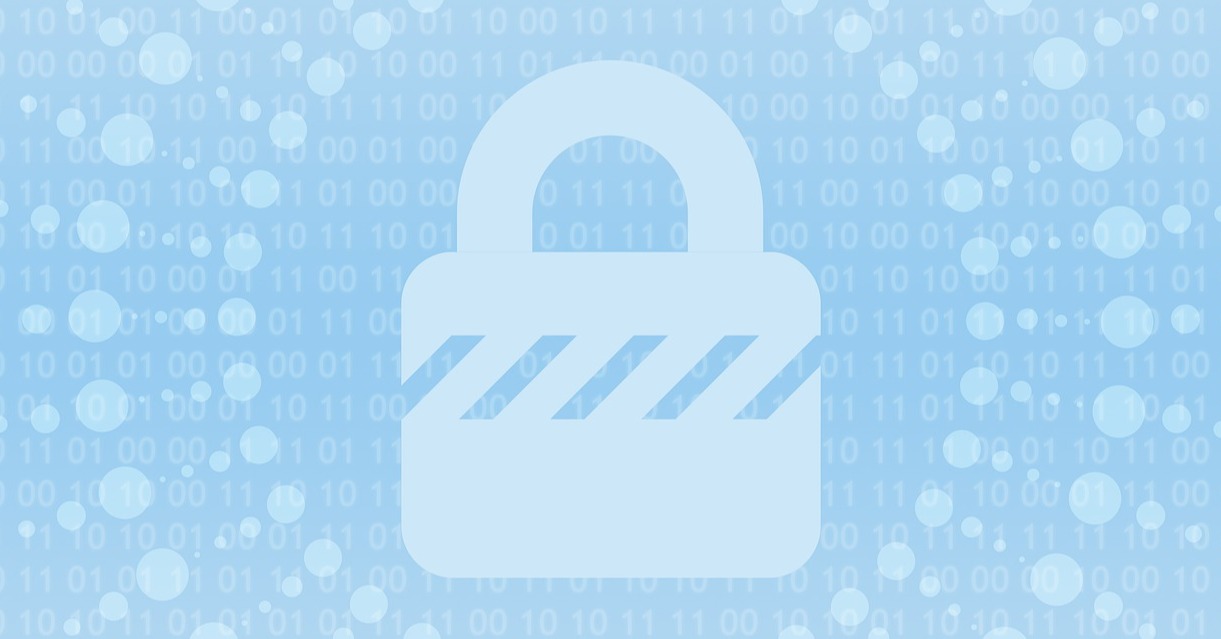
Is a Master of Science in Information Management Worth It?
A master's in information management provides a grounding in database [...]

Today’s businesses, no matter their primary function, are in the business of collecting data. Sometimes what they are collecting is innocuous, such as your taste in movies. But often the data they seek will be valuable and sensitive. Banking information. Social security numbers. Credit card numbers. For example, think for a moment about how many times you have entered your credit card information into a web form. Do you know where that data is now?
In general, we trust reputable websites and companies to take proper care of our data. But how do we make sure that they are doing that? If you’ve been paying attention, you know cyber security is a hot buzzword — and with good reason. In 2017 alone, more than 1,300 companies reported data breaches, up from just 200 in 2005. Big names like Target, Yahoo, and Reddit have all been hacked recently, and smaller businesses are even more likely to be targeted. In fact, small businesses can be financially decimated as a result of bad actors breaching their systems.
Cyber security experts are the ones between our data and malicious hackers. Virtually every company has some need for cyber security; if a computer is involved, digital data exists, and where digital data exists, there is always a risk of bad actors.
So: is cyber security a good degree for a young person entering college, or for a professional seeking a graduate degree? The answer is a resounding yes. Job outlook for the cyber security field is staggering. Experts have predicted that there will be as many as 6 million job openings in cyber security within a year from now, with only 4.5 million professionals qualified to fill them.
If you start learning cyber security skills now, you can be among those experts that businesses are competing to hire. That’s a pretty good situation to be in.
Chances are, your college or university doesn’t offer a bachelor’s degree in Cyber Security today. We expect this to change, but higher education is often a bit behind the trends in the fast-moving technology industry. Still, some colleges are catching on already. If you can find a bachelor’s in cyber security, you’re already a step ahead of the competition.
Graduate-level degree programs may be a little easier to find. Master’s degrees, PhD’s, and graduate certificates in cyber security are available in both traditional on-campus and in fully online formats.
Whatever the level, a degree program in cyber security will tackle a number of topics and skills. These include:
Undergraduate programs will also include foundational courses in computer programming, statistics, and advanced mathematics. Because the cybersecurity landscape is changing at such a rapid pace, many programs exist today that were not available twenty or even ten years ago. Most of today’s cyber security professionals earned their bachelor’s degrees in computer science, but the next generation may have the opportunity to start their careers with a bachelor’s in Cyber Security.
Cyber security is an in-demand field, but it’s also a highly specialized one. Its implications are far-reaching and quite serious; cyber security professionals are trusted to protect our most sensitive data, so companies who hire these experts want them to be well-educated and highly trained.
For this reason, a bachelor’s degree is the bare minimum requirement for even entry-level cyber security roles. And to maximize your marketability to employers, we highly recommend pursuing graduate-level studies. This might mean earning a master’s degree, a PhD, a graduate certificate, or a professional certification. All of these advanced study programs will boost your value as a cyber security professional and help you to not only secure a job, but to level-up in your chosen field.
The good news is, it’s not terribly difficult to find excellent cyber security training programs. While traditional higher education institutions may be a little behind the curve, online schools are quick to fill in the gaps. And even traditional schools are starting to join the cyber security party; expect the number of traditional degree programs in this field to grow rapidly in the coming years in response to the high demand for trained professionals.
Cyber security programs may be easy to find, but are they easy to get into? This depends entirely on the particular school you choose. A top university like Harvard or Stanford will obviously be more challenging to get into than your local state college. Even online programs often have enrollment caps, and since you’re competing with students all over the globe (not just those in the geographical area of a campus), it may be challenging to find a spot. Students can expect admission to a cyber security degree programs to be just as competitive as that of any other high-demand degree program.
Salary potential in this field is among the highest in the nation. When a role is in higher demand than the supply can fulfill, trained, experienced professionals can demand higher and higher pay rates.
You should note, however, that your level of education will directly affect your salary potential. As in most fields, higher levels of education lead to more available jobs and higher pay. An individual with a graduate degree in cyber security and some professional certifications can reasonably expect to make six figures relatively early in their career.
Absolutely. Young people entering college today as cyber security majors will be among the first wave of such graduates to enter the workforce. Companies across every industry are in desperate need of this expertise.
Questions or feedback? Email editor@noodle.com

A master's in information management provides a grounding in database [...]

Cybersecurity certification programs range in cost from a few hundred [...]

PhDs take longer to complete than master's degree programs but [...]

Most data science professionals have a PhD, but do you [...]

We can always find reasons to delay the next step [...]
Categorized as: Cybersecurity, Information Technology & Engineering